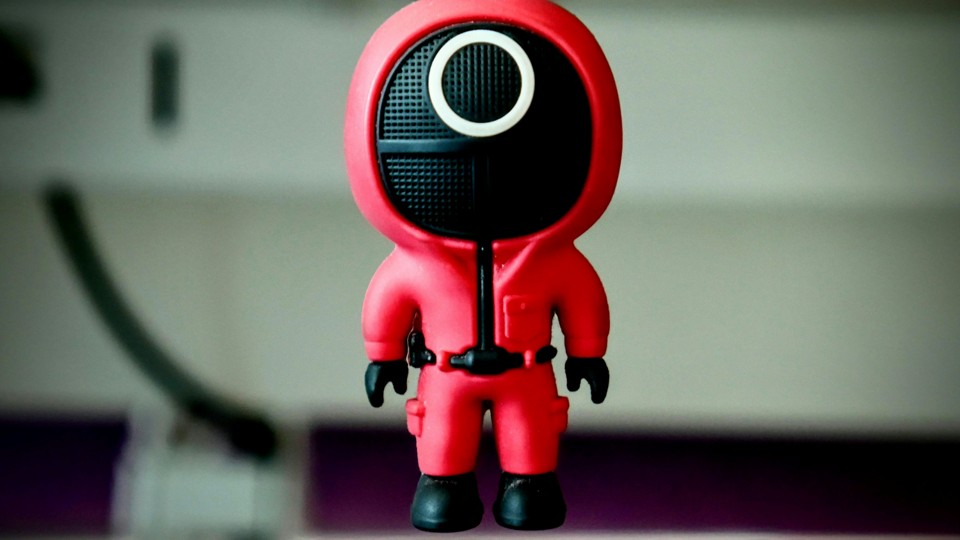August 2025 is shaping up to be another fascinating month for digital culture in Korea, and memes are at the center of it all. From lighthearted catchphrases to viral short-form videos, memes in Korea have evolved beyond just online jokes—they’ve become cultural touchpoints that brands, marketers, and even mainstream media can’t ignore.
In today’s hyper-connected society, staying updated with trending memes in Korea isn’t just about being in the loop ; it’s about understanding the pulse of the Korean audience.
For global marketers and content creators, these viral moments offer a gateway to engage with consumers in a more authentic, relevant, and timely way. By tracking what’s trending, you can align your campaigns with the humor, values, and emotional cues that are resonating most with Korean audiences right now. This post dives into the top memes in Korea for August 2025—insights that can help you craft campaigns with maximum cultural impact.

AI or REAL?
Can You Tell the Difference?
The “AI or REAL?” meme has gone viral across Korean social media, challenging users to guess whether a photo or video is real or AI-generated. These bite-sized tests spark debates in comment sections, with people passionately defending their guesses. It’s not just about fun—this trend reflects growing public awareness of AI technology and its impact on trust in digital media. For marketers, it’s an opportunity to highlight authenticity in brand content.
“Let Me Brag About My Partner” Meme
Leave nice comments!
While the phrase might sound like it’s only for romantic partners or children, Koreans use “우리 애 자랑 좀 할게요” (“Let me brag about my baby”) far more broadly. It’s often paired with photos or videos showcasing a person, pet, hobby, or anything the poster feels affection for. The real punchline is the caption that follows: “리플 예쁘게 달아라” (“Leave nice comments”), a tongue-in-cheek reminder aimed at Korea’s sometimes harsh online culture. This meme playfully acknowledges the reality of negative comments on virtually any post, turning it into a preemptive and humorous request for positivity. By mixing personal pride with a gentle jab at internet trolls, it has become a go-to format for uplifting content in a witty, relatable way.
AI Character Creation
This trend lets users turn themselves—or any concept—into AI-generated characters. Popular prompts include “What would I look like as an anime hero?” or “Turn me into a fantasy game avatar.” The results are highly shareable, often used as profile images or personalized stickers. It’s a playful yet powerful example of how AI is fueling creativity, identity expression, and visual storytelling in Korea’s online culture.
Korean Customs’ Gana-Di Characters
The Korean Customs Service collaborated with “Gana-Di,” a cute KakaoTalk sticker character, for a campaign aimed at younger audiences. The result? A surprisingly viral hit. People loved seeing a government agency use humor and relatable characters to communicate, breaking away from its traditionally formal image. It’s a prime case study in how public institutions can embrace pop culture to connect with Gen Z and Millennials.
Harulala 😇 / Jeosunglala 😈
The Korean Mood Meter
This playful meme blends whimsical made-up words with a dash of dark humor. “Harulala” (하룰라라) literally stems from “하늘나라,” meaning “heaven” or “paradise,” and is used when someone feels upbeat, carefree, or in a blissful state. Its opposite, “Jeosunglala” (저숭라라), comes from “저승나라,” meaning “the afterlife” or “underworld,” and is used when someone feels down, irritated, or unlucky. Koreans use these terms far beyond just commuting—they apply to any situation that swings between positive and negative moods, making them perfect for reaction memes, captions, and playful banter online. The humor lies in how over-the-top these words feel, yet how precisely they capture daily emotional highs and lows.
Honorary Brit
Baek Jin Kyung, nicknamed the “Honorary Brit,” shares comedic yet insightful takes on British culture from a Korean perspective. From local slang to everyday quirks, her content feels both educational and hilarious. Audiences praise her for being “more British than the British,” making her a relatable figure for both Korean fans and international viewers. Her popularity shows the growing appetite for cross-cultural humor in Korea.

1개의 댓글
익명 · 2025년 08월 20일 12:03 오전
thanks